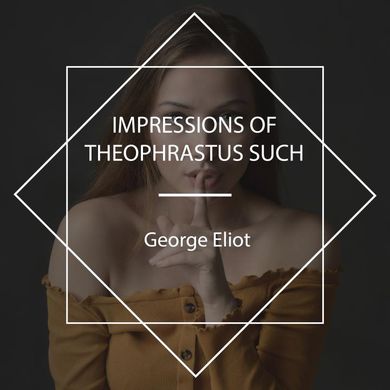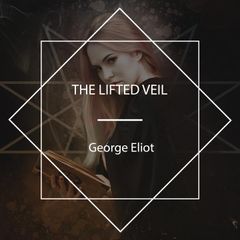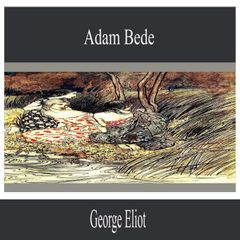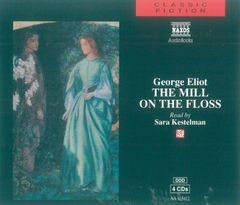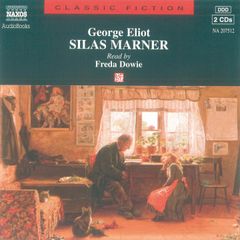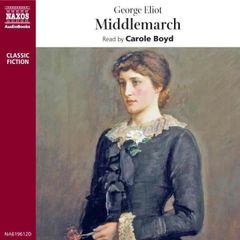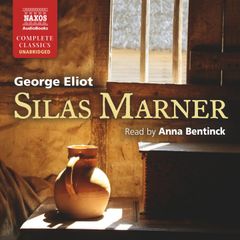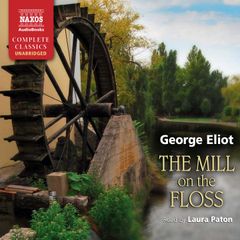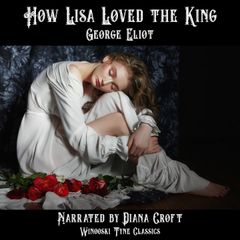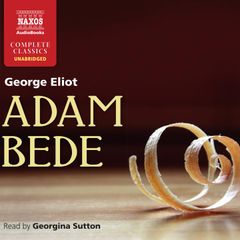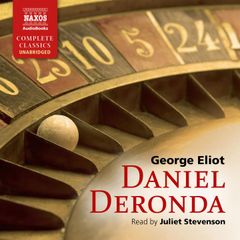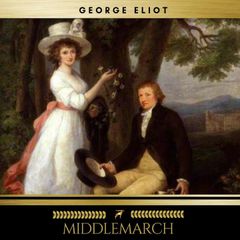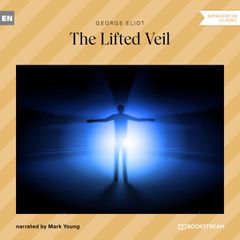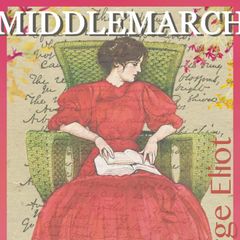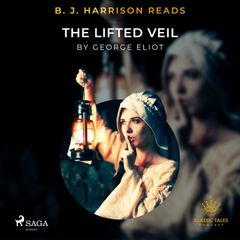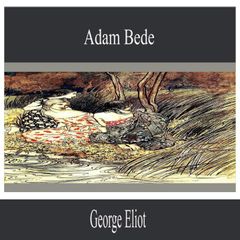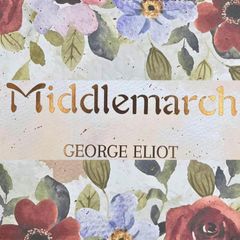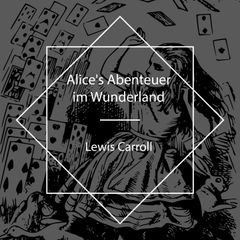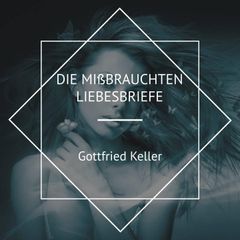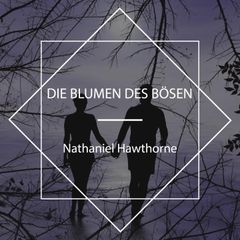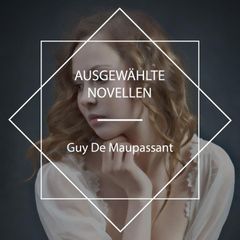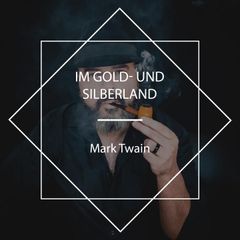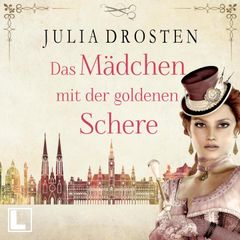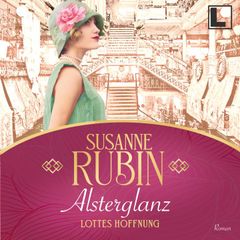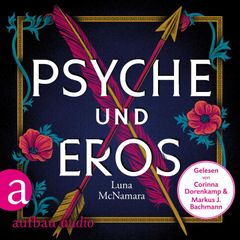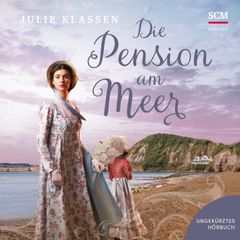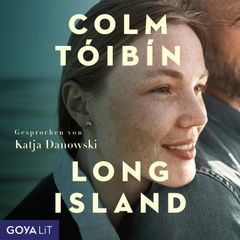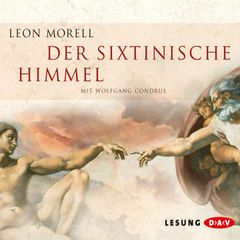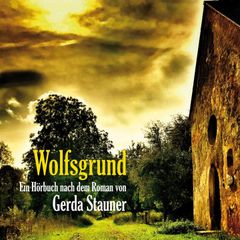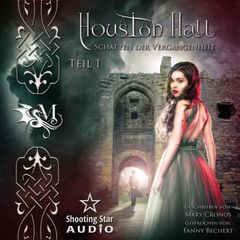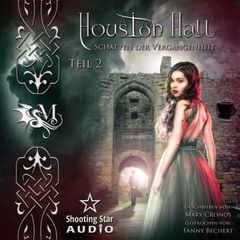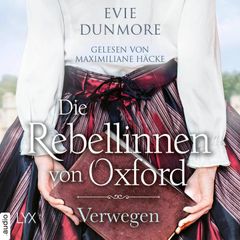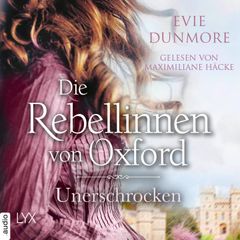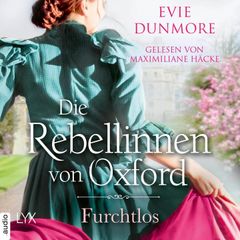- Hörbuch
- 2022
- 6 Std 43 Min
- Erika
- Historical Romance
Titel
Impressions of Theophrastus Such
Beschreibung
Impressions of Theophrastus Such is a work of fiction by George Eliot, first published in 1879. It was Eliot's last published writing and her most experimental, taking the form of a series of literary essays by an imaginary minor scholar whose eccentric character is revealed through his work.
Auf öffentlichen Listen dieser Nutzer
Dieses Hörbuch ist noch auf keiner Liste.
Produktdetails
Verlag:
Autor:
Titel:
Impressions of Theophrastus Such
gelesen von:
Fabely Genre:
Sprache:
EN
ISBN Audio:
4061707938788
Erscheinungsdatum:
27. Mai 2022
Laufzeit
6 Std 43 Min
Produktart
AUDIO
Explizit:
Nein
Hörspiel:
Nein
Ungekürzt:
Ja
Über den Autor:
Mary Ann Evans, known by her pen name George Eliot, was an English novelist, poet, journalist, translator and one of the leading writers of the Victorian era. She was born in 1819 at a farmstead in Nuneaton, Warwickshire, England, where her father was estate manager. Mary Ann, the youngest child and a favorite of her father's, received a good education for a young woman of her day. Influenced by a favorite governess, she became a religious evangelical as an adolescent.
Her first published work was a religious poem. Through a family friend, she was exposed to Charles Hennell's "An Inquiry into the Origins of Christianity". Unable to believe, she conscientiously gave up religion and stopped attending church. Her father shunned her, sending the broken-hearted young dependent to live with a sister until she promised to reexamine her feelings. Her intellectual views did not, however, change. She translated "Das Leben Jesu", a monumental task, without signing her name to the 1846 work.
After her father's death in 1849, Mary Ann traveled, then accepted an unpaid position with The Westminster Review. Despite a heavy workload, she translated "The Essence of Christianity", the only book ever published under her real name. That year, the shy, respectable writer scandalized British society by sending notices to friends announcing she had entered a free "union" with George Henry Lewes, editor of The Leader, who was unable to divorce his first wife. They lived harmoniously together for the next 24 years, but suffered social ostracism and financial hardship. She became salaried and began writing essays and reviews for The Westminster Review.
